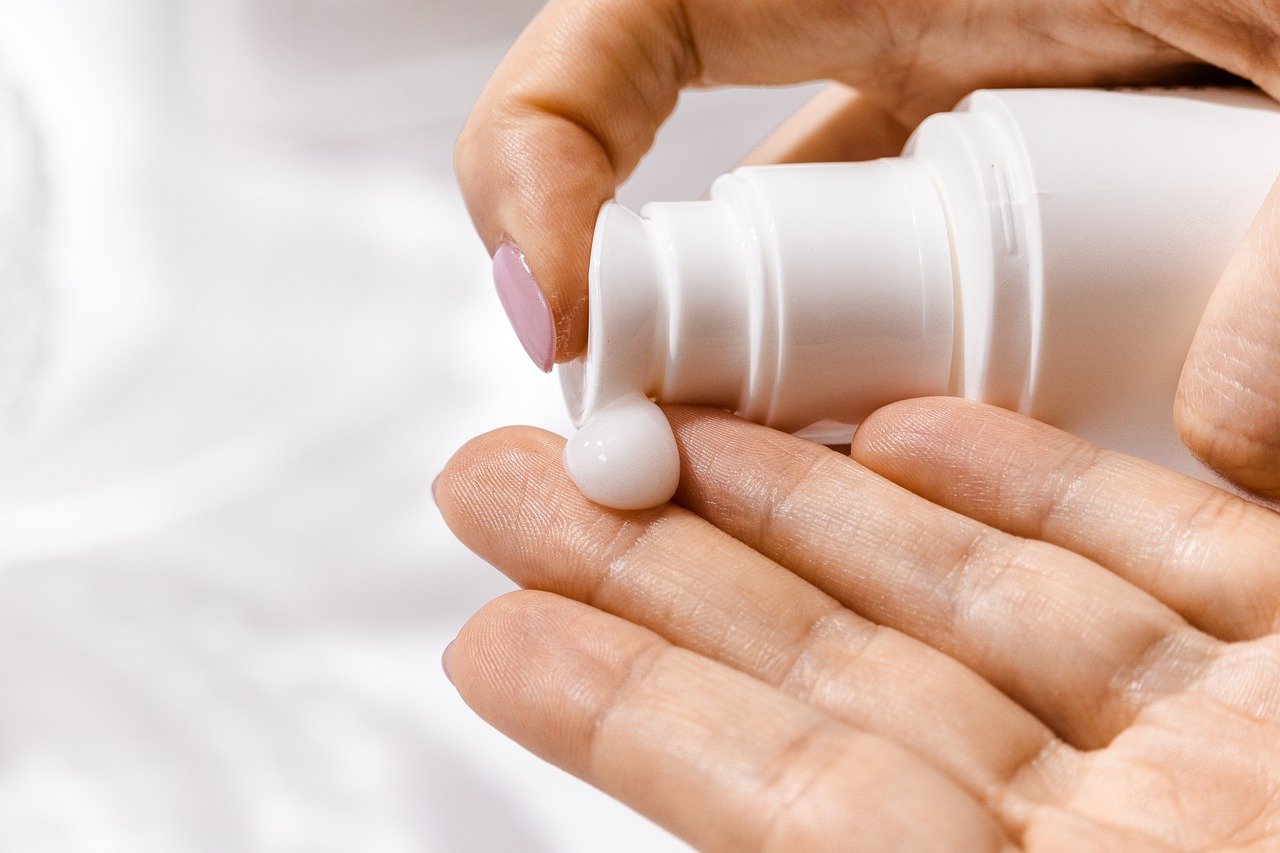Moisture Associated Skin Damage (MASD)

MASD develops when the skin has prolonged exposure to excessive moisture; The skin
becomes over-hydrated and is prone to maceration, this makes it easier for irritants and
micro-organisms to penetrate the skin damaging its protective function and making it more
susceptible to breakdown.
MASD describes a range of inflammatory skin damage that occurs in response to the
prolonged exposure of an individual’s skin to substances such as, perspiration, urine, faeces,
or wound exudate. The harmful effects of excessive moisture are often associated with
incontinence, which leads to incontinence-associated dermatitis (IAD). It can often be
difficult to distinguish between pressure ulcers and IAD however, it is important that the
correct diagnosis is made, as these conditions have different aetiologies and treatment
pathways.
Education and awareness are key in MASD reduction and management. Importantly,
managing incontinence to preserve skin health with suitable consumables and skin
protective regimes; inspect the skin for signs of problems; consider nutritional status;
implement a preventative plan of care; think about mobility and changing position; identify
MASD correctly; provide appropriate skin care; and educate staff and patients.
